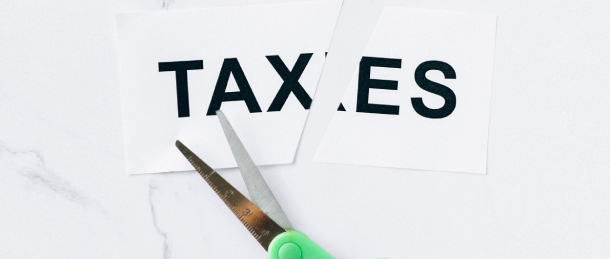Fund members in pension phase who have withdrawn more than the annual minimum as a lump sum commutation should not be concerned they will be taxed on that amount unless they trigger a specific set of circumstances, according to an SMSF technical specialist.
Heffron client relationship manager Sean Johnston said typically these amounts were not taxed in the hands of an SMSF member, but they should be aware of whether they could access those funds due to preservation restrictions.
“There are a few things to check and the first is were those payments from unrestricted non-preserved monies and were they eligible to pull them out,” Johnston said during a recent online briefing.
“So if we are talking about a transition-to-retirement income stream, then as long as there were no preserved monies that counted for this, they couldn’t access those benefits.
“They will be treated as illegal early access from the super fund and taxed in the member’s hands, who will lose all the concessions on those benefits.”
He added age restrictions may also cause the commuted sums to be taxed in the member’s hands, but some may be able to reduce that impact.
“We also have to look at the age of the person and there’s not that many people still in the age bracket where they are able to pull out lump sums and are under 60, but if they are, and there is a taxable component in the pension, the lump sums may well be taxable,” he said.
“If the payments are death benefits and we can get some lump sums from the top of a pension, whether that pension is taxable or not depends on ages, but those lump sum payments are being paid to a dependent because it’s coming out of a pension and so would be tax-free.
“There are some things that work around the tax here and we have got the low-rate cap, which is $235,000, and under that you can get tax-free commutations of lump sums from a pension.
“There are also some offsets and a cap on the tax on withdrawal so we are not taxed at the full marginal tax rate if you are eligible to pull the money out.
“Generally then, if you are over 60 when you’re starting to pull those sums out and you’re eligible to draw them out, then they are absolutely tax-free on the commutation.”




